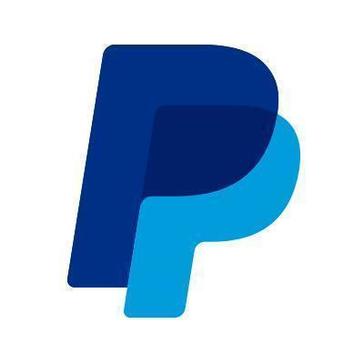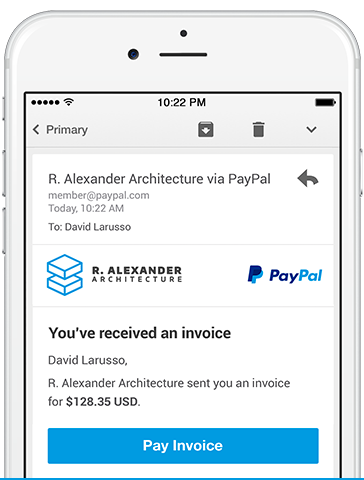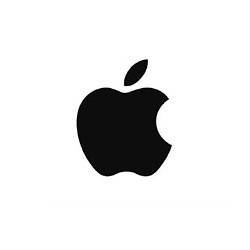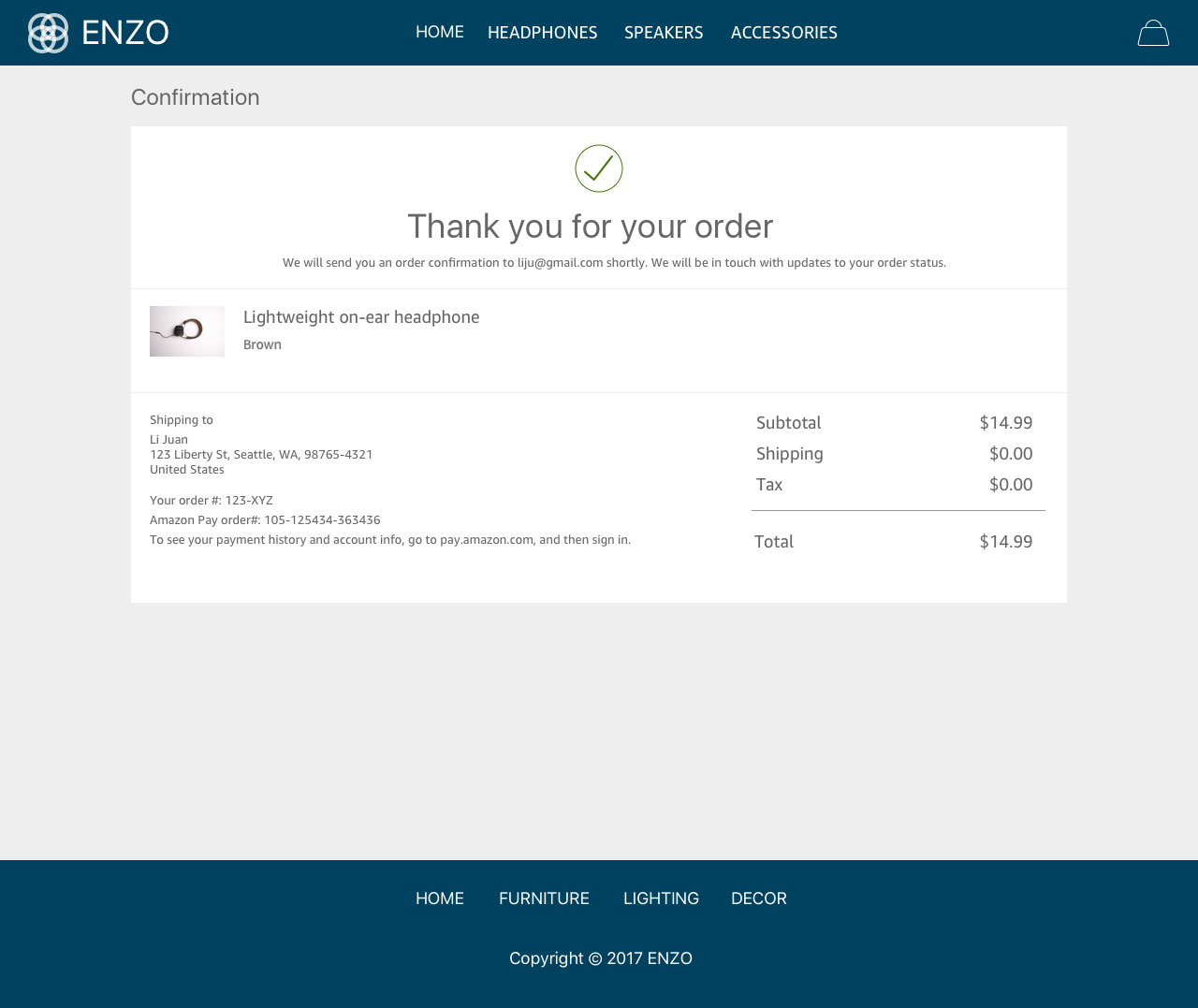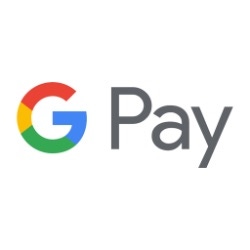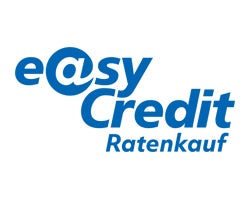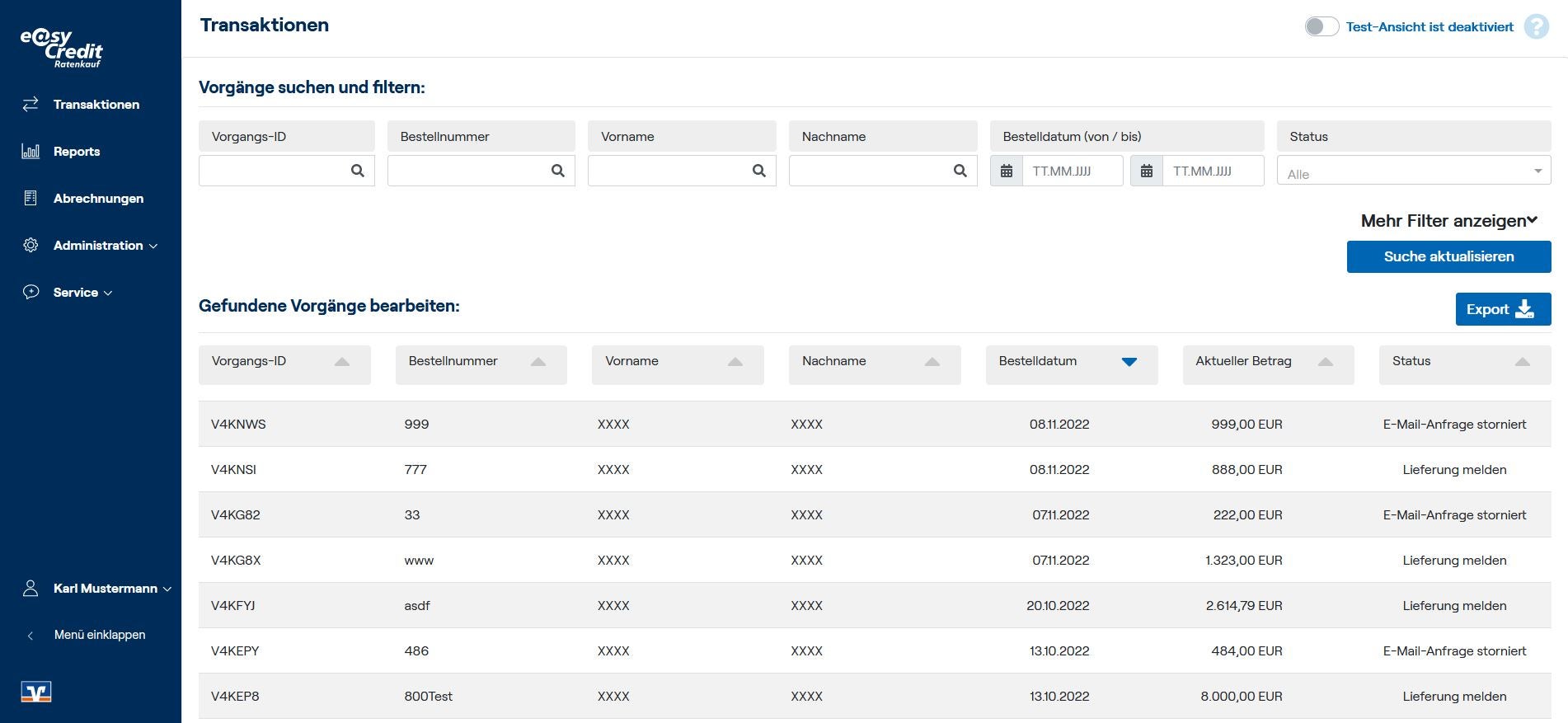Mobile Payment: The 7 Most Popular Providers in Overview
Tim Fischer2/10/2026
The pandemic has greatly accelerated the growth of mobile payment. Discover here the seven best mobile payment providers.
Table of contents
- What is mobile payment?
- How does mobile payment work?
- How secure is mobile payment?
- The 7 best mobile payment providers at a glance
- Mobile payment is revolutionizing the world of payment processing. Not only does it enable a secure and authenticated processing of payments, but it also provides customers with a faster and more convenient way to pay. The trend may have emerged in the midst of the global pandemic and concerns about the security of online transactions - but it is definitely here to stay.
Sure, fast and uncomplicated – that's what Mobile Payment stands for. This payment instrument allows its users to pay for their purchases with their mobile devices. Mobile payments have become so popular that their global market is expected to reach 607.9 billion US dollars by the end of 2030 - in 2022 it was only 53 billion US dollars. In this article, we delve deep into the world of mobile payment and present the seven largest providers in this field.
What is mobile payment?
Mobile payments are regulated payment transactions that are processed via a mobile device such as a smartphone or a tablet. This includes:
- Mobile Wallet: Digital wallets like Google Pay and Apple Pay work like electronic credit cards. To pay in a store, mobile wallet users just have to connect their device to a payment terminal with NFC functionality.
- mCommerce: Smartphone users use their devices to shop online by entering their card details into a secure payment portal.
- Peer-to-peer payments (P2P): Buyers use apps or services like cyber wallets to send money to friends and family members at no extra cost.
- Mobile POS payment (mPOS): Here, sellers do not use a traditional stationary POS terminal. Instead, a mobile device such as a smartphone or tablet is used to accept payments.
How does mobile payment work?
Most mobile payment processes are based on Near-Field-Communication technology (NFC). Essentially, NFC enables the exchange of information between two devices that are in close proximity. In the case of mobile payments, transactions can be carried out with consumer devices such as smartphones or tablets and a commercial device such as a credit card terminal.
For the mobile payment to work, customers have to download a wallet app onto their smartphone. This stores the users' debit and credit card data so that they can pay for the items digitally. In addition, authorization by thumbprint or facial recognition is required to prevent fraudulent transactions. During the payment process, customers have to hold their devices close to the NFC-enabled payment terminal. This enables the exchange of encrypted information, which only takes a few seconds.
Alternatively, mobile payments can also be made using individual QR codes. In this case, the customer's device generates a QR code with the most important payment information. The seller then simply scans the code with his POS system and completes the transaction.
How secure is mobile payment?
Mobile payment uses multiple layers of dynamic encryption, making it an extremely secure payment method. Solutions that use NFC technology rely on tokenization to reduce the risk of data theft. When customers pay with their mobile devices, the device creates a unique card number for the purchase. This number is then transmitted to the POS system for the transaction. As a result, sellers do not have to process and manage sensitive customer data.
In addition, the mobile device does not store transaction data on the CPU. Rather, the one-way credit card number is created by a secure chip on the device and is separate from the smartphone or tablet's CPU. The card data is also stored in the cloud and can be deleted from a distance if needed.
As an additional level of security, mobile wallets require buyers to prove their identity before completing the transaction. This can be done by recognizing biometric data, such as a fingerprint scan, or by unlocking the device with a specific numeric code. While no payment method is completely risk-free, mobile payments are among the safest payment methods due to their multi-layered security measures.
The 7 best mobile payment providers at a glance
900 million people worldwide were already using mobile payments before the pandemic. However, the numbers rose to 1.48 billion users between March and December 2020. Mobile payments also accounted for 44.5% of all transactions in e-commerce in 2020. This share was twice as high as for credit card payments and three times as high as for transactions with debit cards.
Below you can find the currently largest providers for mobile payment:
1. PayPal
With more than 435 million users worldwide, PayPal is undoubtedly one of the largest providers for mobile payments. By linking your bank account or credit card with PayPal, you can already shop online. If you are in a physical store, you can use the PayPal app to pay with QR codes. In addition, you can also send and receive money to and from friends and family. PayPal supports more than 100 currencies and is available in more than 200 markets worldwide.
PayPal Features
- Supports multiple payment options – digital, by cryptocurrencies, and via QR code
- Offers a seller protection program for eligible merchants
- Invoicing
- Recurring payments and subscriptions
- Options for delayed payments
- Risk management
- Social selling tools
- Operations management
- Protection against fraud
PayPal Prices
PayPal offers various types of services for merchants. A fixed fee of €0.39 plus a 2.99% flat fee is charged for each domestic transaction. There is a 0.90% fee for each QR code transaction. For sending or receiving money for goods and services, PayPal charges a standard fee of 2.49% plus a fixed fee of €0.35 per transaction. More information about PayPal prices can be found on OMR Reviews.
PayPal Alternatives
The market for mobile payments is now huge. If PayPal is not the right provider for your business, you will find numerous PayPal alternatives on OMR reviews. Make sure to also check out our verified user reviews and discover a mobile payment provider that meets your business requirements.
2. Klarna
Klarna was founded in 2005 and has developed into one of the largest providers for mobile payments. The company has more than 150 million active customers and 500,000 merchants in over 45 countries worldwide. Like PayPal, Klarna allows its users to make payments both online and in stores. There is also a mobile payment option with QR codes in participating stores.
Klarna also offers the Klarna Instant Transfer which allows users to pay for orders without having to transmit personal data or card details to the merchant. On top of that, customers can choose between different payment methods like immediate purchase, payment in 30 days, payment in three installments, and direct debit. While the buyers themselves decide when they pay, the sellers receive the full amount in advance.
Klarna Functions
- Klarna App and Klarna Card for customers
- Various payment methods for online shops
- Mobile payment: payment link is sent by SMS, mail or QR code to the mobile device
- Risk and dispute resolution management
- Possibility of adding and uploading branded assets to your store
- Marketing tools
- User management
- API access data to connect your store with Klarna
Klarna Prices
Klarna's fees depend on the payment method. For a purchase on account, merchants have to pay 3.25% plus €1.69 per transaction. For instant transfers, Klarna charges 1.35% plus €0.20 for each transaction. More information about Klarna prices can be found on OMR Reviews.
Klarna Alternatives
The market for mobile payments is now huge. If Klarna is not the right provider for your business, you will find numerous Klarna alternatives on OMR reviews. Make sure to also check out our verified user reviews and discover a mobile payment provider that meets your business requirements.
3. Apple Pay
With more than 507 million users worldwide, Apple Pay is currently the leading mobile wallet app. It stores users' credit card and bank details and allows them to pay with their Apple mobile device in a store or restaurant. In addition, you can send payments to other users and receive from them, make in-app purchases and pay for rides on selected public transport.
Apple Pay Features
- Contactless payment in stores possible
- Two-factor authentication
- Customer data is encrypted
- Card numbers are tokenized with every purchase
- Offers a "Buy Now, Pay Later" service
- The app can be deactivated using Apple's "Find My" feature if the device is lost
- Available in over 60 countries worldwide
Apple Pay Prices
Apple users do not have to pay any fees for the use of Apple Pay. Transaction fees are also not charged. Visit OMR Reviews to get more information about the Apple Pay prices.
Apple Pay Alternatives
The market for mobile payments is now huge. If Apple Pay is not the right provider for your business, you will find numerous Apple Pay alternatives on OMR reviews. Make sure to also check out our verified user reviews and discover a mobile payment provider that meets your business requirements.
4. Amazon Pay
Amazon Pay is a payment method offered by Amazon. It allows Amazon customers to shop in other online stores using the information stored in their Amazon account. This means that customers do not have to enter their access data when they purchase something in external stores. The bank data is thus protected against data theft and other fraudulent activities. With Amazon Pay, users can pay in three different ways: via the website, their mobile device, or Alexa.
Amazon Pay Features
- Various payment methods like debit and credit cards
- Data encryption
- POS and digital wallet integration
- E-commerce integration
- Mobile payments
- Supports multiple currencies
- Voice commerce
- Multiple transaction options, including recurring payments and subscriptions
Amazon Pay Prices
Amazon charges merchants processing fees and authorization fees for using Amazon Pay. For example, if you have a payment volume of less than €5,000, you will be charged 1.9% processing fees and €0.35 authorization fees. Additional costs also arise if the payments were made outside of the EU. Further details on the Amazon Pay prices can be found on OMR Reviews.
Amazon Pay Alternatives
The market for mobile payments is now huge. If Amazon Pay is not the right provider for your business, you will find numerous Amazon Pay alternatives on OMR reviews. Make sure to also check out our verified user reviews and discover a mobile payment provider that meets your business requirements.
5. Google Pay
is a cyber wallet and payment platform by Google. Not only you can pay with your Android devices in stores and on supported websites, but you can also use Google Pay for in-app purchases and Google services, such as the Google Play Store. As with Apple Pay, your actual credit card number is tokenized during the payment process to protect your sensitive data. Google PayIf you lose your smartphone, you can delete important data as well as linked cards and bank accounts on your device using Google's Find My Device. In addition, you can send money to friends or other contacts and receive from them with Google Pay by entering their email address or phone number in the app.
Google Pay Features
Mobile payments
- Replaces actual card numbers with virtual ones for security purposes
- Management of gift cards and loyalty programs
- Also works on iOS devices
- Peer-to-peer payments
- Digital wallet
- Cashback offers
- Budgeting tools
- Google Pay Prices
Merchants or customers – using Google Pay is completely free. There are also no additional transaction fees. If you want to learn more about the
Google Pay prices you should visit OMR Reviews.Google Pay Alternatives
The market for mobile payments is now huge. If Google Pay is not the right provider for your business, you will find numerous
Google Pay alternatives on OMR reviews. Make sure to also check out our verified user reviews and discover a mobile payment provider that meets your business requirements.6. Stripe Payments
is a platform for online payment and credit card processing for businesses. 1.14 million websites worldwide use it to receive payments. Stripe is active in 47 countries and supports over 135 currencies. When customers buy products online, Stripe transfers the money to the providers.
Stripe Payments not only has a payment processing platform but also a gateway for credit card payments. This makes it one of the most efficient and safest softwares for online payments. In addition, Stripe Payments offers a mobile payment app called Stripe Terminal. It allows customers to pay with their iPhones via Stripe's card readers.
Stripe Payments Features
Online payments
- Personal payment processing via Sripe Terminal
- Protection against fraud
- Billing, invoicing, and subscription management
- Reporting and analytics
- Support via email, phone, and live chat
- Stripe Payments Prices
Stripe offers you a comprehensive pay as you go pricing model. For credit cards within Europe, you will be charged 1.5% plus €0.25 for each transaction. For British and international cards, the fees are 2.5% plus €0.25 and 3.25% plus €0.25 respectively. If you want to learn more about the
Stripe Payments prices visit OMR Reviews.Stripe Payments Alternatives
The market for mobile payments is now huge. If Stripe Pay is not the right provider for your business, you will find numerous
Stripe Pay alternatives on OMR reviews. Make sure to also check out our verified user reviews and discover a mobile payment provider that meets your business requirements.7. easyCredit installment purchase
is a payment solution that allows customers to pay online or in store in installments. The buyers can also choose the installment amount (between €200 and €10,000) and the payment period (from two months to 60 months). They can even take a break from installments if needed. Merchants receive the payment already within three days. You also do not have to worry about unpaid payments, as partner banks take over the credit risk and debtor management.
easyCredit-RatenkaufeasyCredit installment purchase Features
Integration of e-commerce and POS
- Protection against fraud
- Supports recurring payments and subscriptions
- Reporting and analytics
- Access management
- easyCredit installment purchase Prices
The easyCredit installment purchase offers a basic plan that is 1.49% for each transaction. There are no set-up fees and the integration is extremely straightforward. You also have the option of requesting a custom offer that is based on the volume of your monthly transactions. More information about the
easyCredit installment purchase prices can be found on OMR Reviews.easyCredit installment purchase Alternatives
The market for mobile payments is now huge. If easyCredit installment purchase is not the right provider for your business, you will find numerous
easyCredit installment purchase alternatives on OMR reviews. Make sure to also check out our verified user reviews and discover a mobile payment provider that meets your business requirements.The future belongs to mobile payments
Mobile payment is revolutionizing the world of payment processing. Not only does it enable a secure and authenticated processing of payments, but it also provides customers with a faster and more convenient way to pay. The trend may have emerged in the midst of the global pandemic and concerns about the security of online transactions - but it is definitely here to stay.
Do you want to discover more payment systems? On OMR Reviews you will find
Payment softwares for every industry. If you run an online store, it's also worth taking a look at the different Online payment providers. Compare their features and prices and use our verified reviews to get an insight into their performance. zu werfen. Vergleiche ihre Funktionen und Preise und nutze unsere verifizierten Bewertungen, um dir einen Einblick in ihre Leistung zu verschaffen.
 PayPal
PayPal Klarna
Klarna Apple Pay
Apple Pay Amazon Pay
Amazon Pay Google Pay
Google Pay Stripe Payments
Stripe Payments easyCredit-Ratenkauf
easyCredit-Ratenkauf